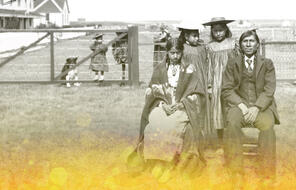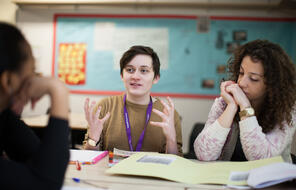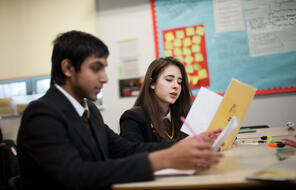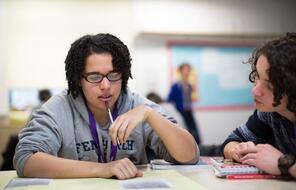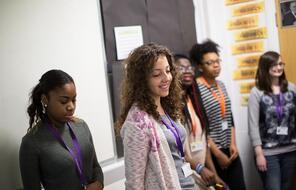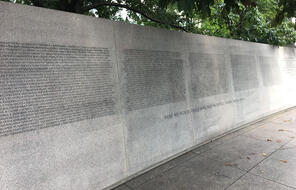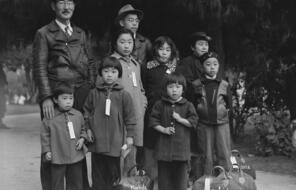Parental Dilemmas
Not all parents rejected the idea of the residential schools. Some hoped that Western education would be a bridge to a better life. Others, sometimes second- or third-generation graduates themselves, were influenced by messages about the fate of those who did not embrace Christianity and attend these schools. Indigenous elder, residential school survivor, and author Theodore Fontaine describes his mother’s own take on the issue this way:
Mom and Dad’s wishes and justification for my attending residential school were confusing for Mom. Knowing me, and having seen me grow and be a part of her, was a natural and joyful experience for her. She’d had no experience of growing up with her own mother and knew only residential school life until her marriage to Dad. She’d lost three children to residential school before me and didn’t want to lose more. Still, she strongly believed that attending residential school would allow me to succeed in a white person’s world. She also feared the Church and its teachings. She didn’t want to offend the priests and nuns and feared excommunication, and so was persuaded to believe that having her children under the Church’s exclusive authority was what the Creator wanted. She thought that Church officials and their helpers were infallible. Unwavering conviction like hers made it easier for the federal government and the Church to control and weaken our people. Mom and Dad had never been subjected to Roman Catholic Church teachings before they went to residential school, so everything they heard was new and had to be true, in their eyes, because priests said they represented Jesus Christ and God, who to us was the same as the Creator. Mom and my aunts told stories of sermons that illustrated the dire consequences that could follow if they opposed the Church and its representatives. 1
Connection Questions
- What were the dilemmas Fontaine’s mother faced?
- What forces influenced the willingness of Fontaine’s mother to have him attend one of the residential schools?
- How does this passage help explain some parents’ willingness to allow their children to attend the residential schools?
- 1Theodore Fontaine, Broken Circle (Victoria: Heritage House Publishing, 2010). Reproduced by permission of Heritage House Publishing Company Ltd.
How to Cite This Reading
Facing History & Ourselves, "Parental Dilemmas," last updated September 20, 2019.



